Mr Prabda Yoon, President of Asia Pacific Publishers Association
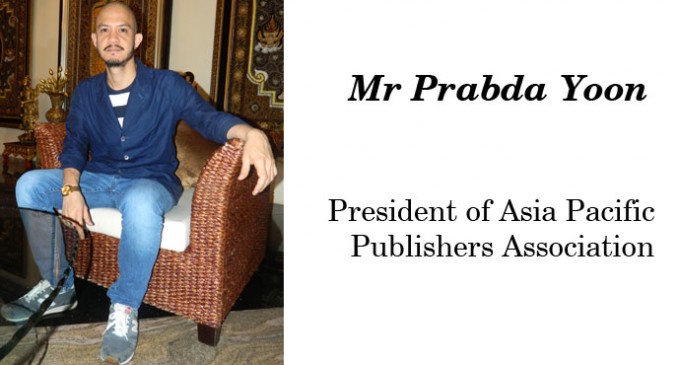
Your responsibilities in PUBAT…
I am in charge of international affairs. So I go to international book fairs that we participate in. For example, Frankfurt Book Fairs, Taipei international Book Exhibition and a couple of other smaller fairs we attend.
APPA and its activities…
The members are representatives from 13 countries that have some kind of publishing or book associations. We meet quite regularly. May be two or three times a year depending on convenience and availability of everybody. We discuss current situations in each country’s publishing business and current trends in publishing or in book sales and other related matters. So basically, we meet to update each other, to try to collaborate or to work together, developing closer relationship between each country or between Asia in publishing.
Reading rate is declining and the online readers are booming globally, so what is your association’s plan to deal with these things?
This is something we have been discussing every time we meet but it’s still unclear how seriously the reading rate is declining. This year the state physical book sales are climbing up and more over the digital sales is down. So trends are changing very quickly, but people still read physical books. I think especially for Asia the important thing is not really to worry about digital media versus physical books but to be able find a way to allow people to read con-tent anyway they want.
For example, in Thailand it is still very difficult to buy eBook or to read eBooks because the platform doesn’t support Thai script sufficiently enough. I know that this is the case for many countries in Asia.
That’s one things the at keeps eBooks from spreading more. I know some reader who really enjoys reading eBooks. Even though sometimes there is competition between eBooks and physical books, but to be able to allow people to read in any format is the goal because what’s important about literature or books is the content and not physical things. Of course if paper printing keeps declining a lot of people will be in trouble. However, I believe that those people who can somehow reinvent themselves are able to survive. The more important thing is the content, if you don’t have good content, if people stop writing because they fear that there’s no work that’s problem. This is my opinion.
I know that the newspaper business is in danger. Even in Thailand or in developed country like the State or the UK newspaper business is going down very fast. People would rather take free copies. They can now get the news on facebook, online. And I think it makes sense because news is something that you want to know quickly, fast up to date and online platform is perfect for that you can write instantly and post in instantly. You don’t need to go to printing. So it is very natural change.
But the point rally is to ask how journalists or newspaper can survive in the online world, Because the competition is so fearsome in I mean so many news organizations and services, and now it’s so easy to share online. Some of the services don’t even work to get news they just wait for the other people to update something and share it. That’s the problem. The problem is not the people don’t read news anymore… they do read. They just prefer to read it when they prefer to read it. Whereas in the old days, they had to wait for the newspaper to come in the morning or afternoon but now people expect to be able to read the news right away.
Concerning copyrights issues for news organization and in publishing Industry
I am quite sure that in the very near future something will be agreed upon in teams of copyright regulations of how news is shared copied. At the moment it’s really hard for people to understand this. Actually, the internist is still sometime quiet news. When it was born, not many people had any idea of how to regulate it. And now it’s still in the process. But I think the more people used in the more we recognize the publishing online. Then there will have to be some kind of agreement and I feel that this should be coming soon.
I learn that your father runs the Nation in Thailand, so is there any influence on your publishing house.
No, actually it was not influenced by my father, I didn’t intend to be a publisher, I wanted to write, I wanted to be a writer. But I didn’t mean to have a publishing house, it just happened. As I was writing up to a certain point it seemed that to have a small publishing house was a good idea. So I started my own publishing house…but my publishing house is very small. It’s more manageable than running a big one.
I also learn that you used to make films…
I made a film as a director this year; it’s kind of Sci-Fi and my first one, Motel Mist. And I hope to be able to make another one next year. I hope to be able to keep on making films because it’s hard to find funding. It’s hard for an independent film to find screening venues in Thailand. It’s hard but there is a strong group of people who are doing this as their passion and work.
Dose the APPA have connection with Myanmar Book Sellers & Publishers Association for some activities?
Not yet. Maybe I try to create some kind of relationship. In Thailand we will have the perception it is difficult to come to Myanmar and to even join the book fair. But now I see that it’s really quite easy and convenient, we may think of coming in the near future.
./wp-content/uploads/2018/10/Emirate-Online-TDY.png)



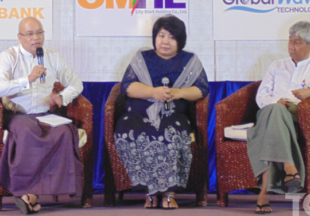
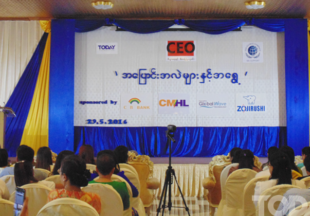
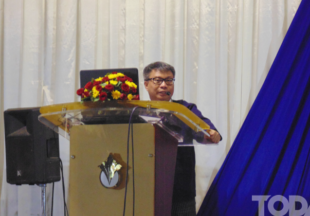
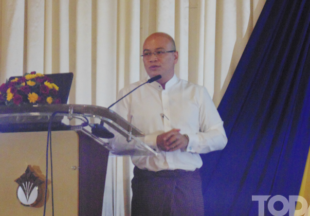
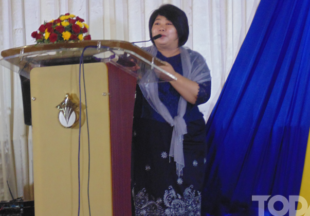
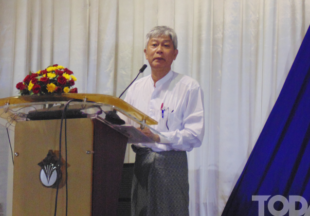
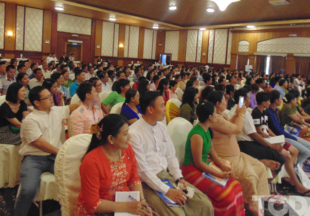
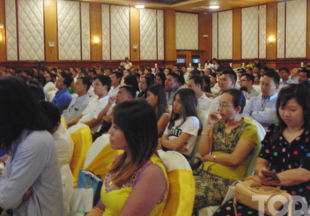
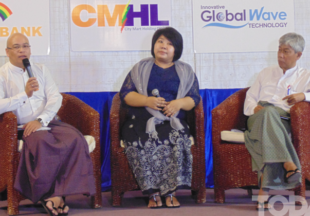

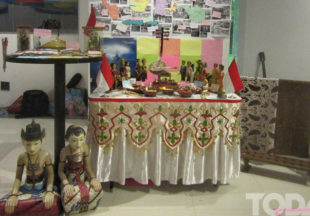
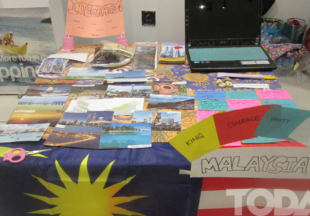


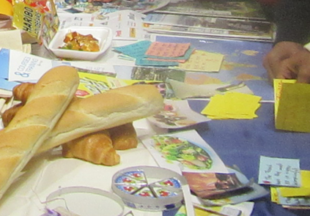

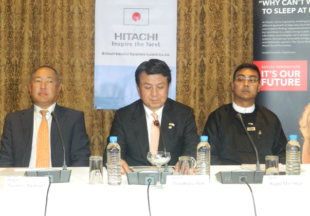
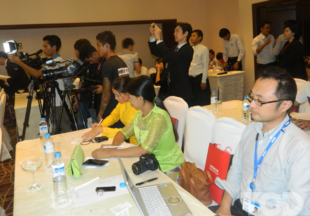
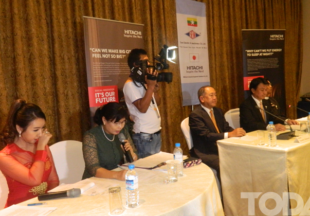









There are no comments at the moment, do you want to add one?
Write a comment